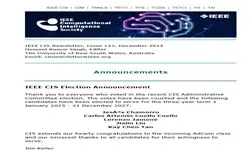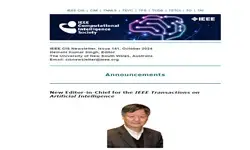-
Members: FreeCIS
IEEE Members: Free
Non-members: FreeLength: 00:50:49
15 Aug 2022
Since the sequencing of human and other genomes has become commonplace, one of the foremost problems in molecular biology has become that of decoding the regulatory circuitry that governs gene expression. While the metaphor of circuitry evokes a static picture, gene expression is a highly dynamic phenomenon, and those dynamics have implications for all aspects of genetic network inference. In this talk, I will highlight several results from my 20+ years of working on gene regulatory networks. I will discuss how learning differential equation models of gene regulatory systems can be recast as supervised learning, enabling rapid solution for nonlinear models, though possibly at the cost of simulation accuracy. I will present theoretical results on sample complexity of network inference from time-series, including an intriguing trade-off between sample complexity and computational complexity mediated by expression dynamics and sampling rate. Finally, I will show how dynamic phenotypes can in theory help extend the classical technique of epistasis analysis past theoretical identifiability barriers that hold for static phenotypes. While theoretical results are obtained for abstract models of gene networks, I will demonstrate practical applications in Drosophila development, yeast metabolism, and hematopoiesis.


